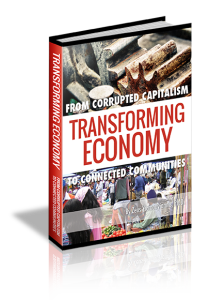If there is one thing I have learned it is this: U.S. Presidents will “become” what they have always been in their lives TIMES TEN OR A HUNDRED.
If they are sleazes like Nixon, they will become ever more sleazy. If they are real compassionate, moral people like Carter, then you get that magnified. If they are actors, portraying a kindly Grandpa, like Reagan, while secretly working to put people on Joe McCarthy’s blacklist, you get the same kind of president, many degrees amplified.
If you are a former CIA head like Bush, Sr., then you will uphold the military industrial complex. If you are a frat boy, like Bush, Jr., then you will cede all your authority to the darklord Cheney. If you are a horndog, like Bill Clinton, then you will get oral sex in the Oval Office. If you are a guy who has only sought to fit in, like Obama (whether it is playing basketball, smoking dope, or going to an international school), you will get that as president times ten or a hundred.
People keep imagining that people will “live up” to the office, and all that ever happens is that people “jack up” the very person they have always been.
Trump, is only the latest and most dramatic example. He was a lying, cheating, fornicating, atheist, Russia-mob loving, megalomaniac stiffer of the working class, and surprise, surprise, that’s what he is times a hundred now.
Please apply this wisdom to your support of candidates, NO MATTER who they are. You already have the history behind you (and THEM). LISTEN TO IT! FDR was such a great president, not because he changed in office, but because he accentuated the very qualities he had developed through his life.
